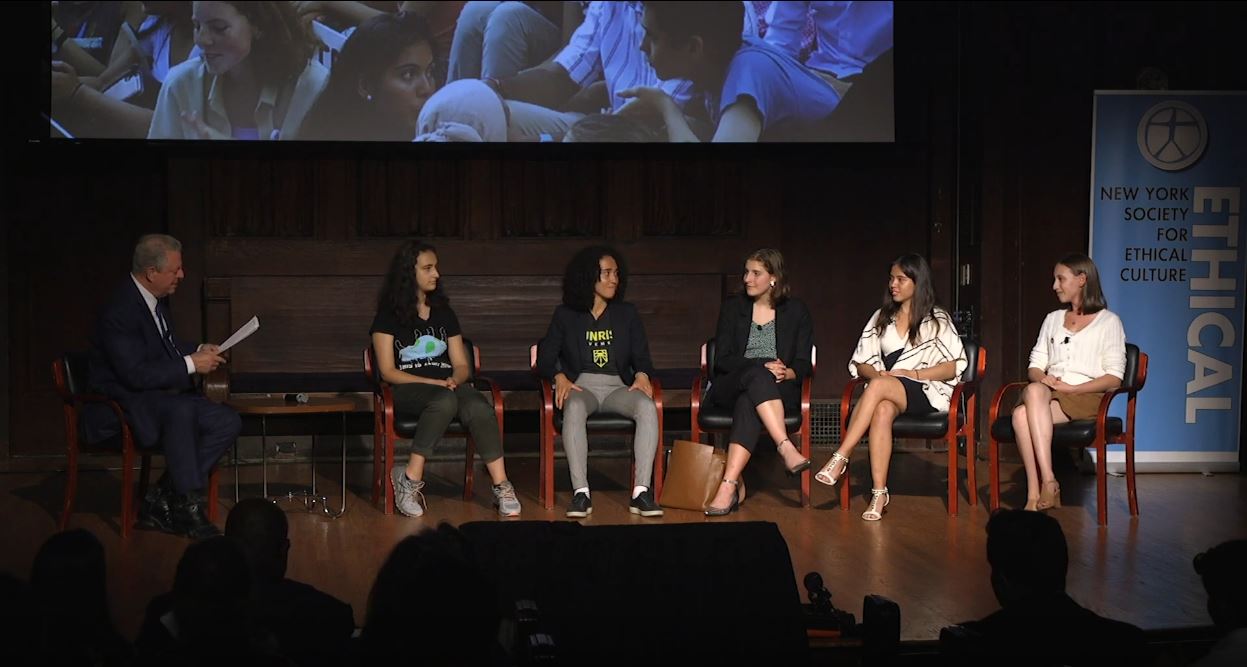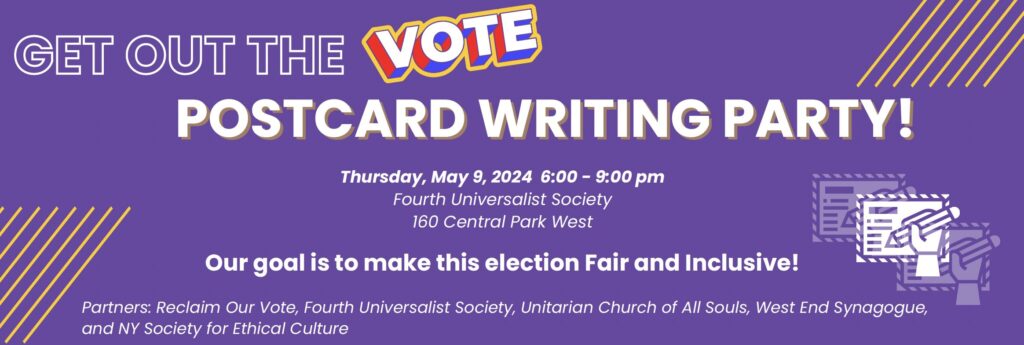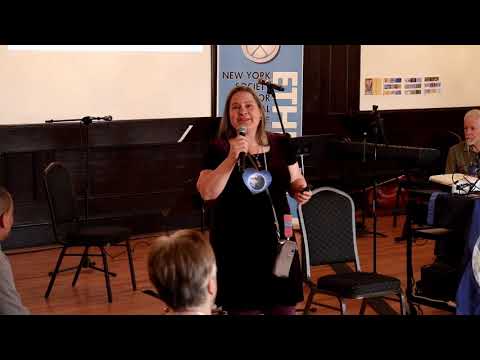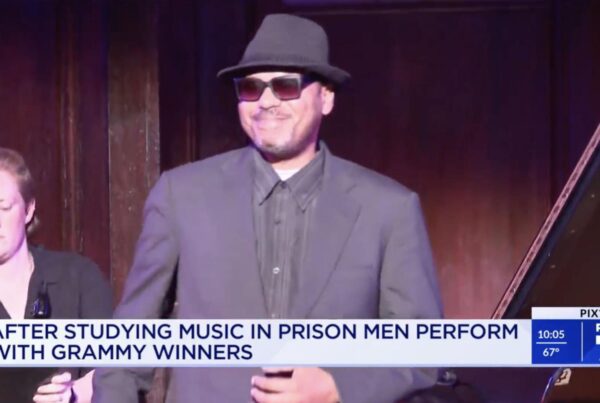
At The Humanist magazine, our friend Emily Newman, of the American Humanist Association and American Ethical Union, reports from our September 23 panel “Choose Us: Youth Climate Strike Demands Solutions and Action Now” featuring youth climate strike leaders in conversation with former Vice President Al Gore:
Last week, on September 23, I was fortunate to hear Gore again at the packed “Choose Us: Youth Climate Strike Demands Solutions and Action Now!” event hosted by the New York Society for Ethical Culture (you can watch the whole event here). Again, he shared recent climate successes—like making clean energy more affordable around the world—and detailed the challenges ahead—like keeping the US in the Paris Agreement. As much as I enjoyed hearing from Gore, I was more impressed with how deeply he listened to the panel of five young female climate activists. Imagine what could be accomplished if more politicians listened to the scientists, the students, and the communities most harmed by the climate crisis.
Gore’s 2006 documentary An Inconvenient Truth—and its sequel—brought climate education to the general public and inspired many to take the issue more seriously. But during the panel he moderated, Sunrise Movement Fellow Naomi Hollard confessed that, as a child, the charts in the film bored her. She didn’t comprehend the consequences of climate change until she experienced a destructive hurricane on the archipelago Guadeloupe in the French Caribbean. Each panelist emphasized the importance of learning about all of the people, animals, and regions harmed by climate change, rather than only caring when catastrophe hits home. One panelist, Sophie Anderson, who is the co-national coordinator of Extinction Rebellion Youth US, also acknowledged the need for education on dealing with climate anxiety, especially for younger students. To help youth channel their frustrations into action, an interdisciplinary team of teachers in Washington, DC, is developing solution-oriented classes on climate change and hoping to establish a high school environmental literacy graduation requirement.







